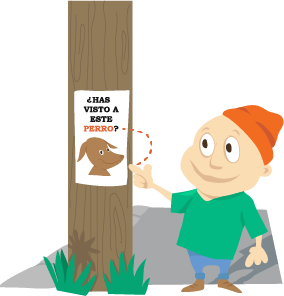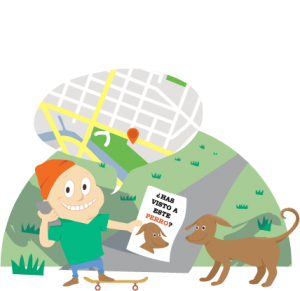When you study with WordDive, you take steps towards mastering a language by learning study items. For example, the word apple is the core of one study item. You learn how to pronounce and spell “apple”, but you also learn its meaning, as well as the context in which it can be used, when you read and listen to the example sentence.
The process of learning a study item will take you through different stages. We call these stages the three levels of learning.
 Started
Started
Started study items are things you have started to learn.
For example, you recognize a word as something you have seen in a text, but you’re not sure what it means.
 Exercised
Exercised
Exercised study items are those that you knew the last time but that require more exercising to become permanently learned.
For example, you recognize a word and have an idea of its meaning if you get help from the context, but you need to stop and think before you can use it yourself.
 Permanently learned
Permanently learned
Permanently learned study items are those that you can use easily.
For example, you can answer a question quickly without searching for words. Using the language is convenient and fluent.
From started to permanently learned
In WordDive, you exercise every study item as long as it takes you to learn it permanently. The time needed can vary between study items – and between people – because the program adapts to your learning speed.
In order to learn a study item permanently, you have to answer correctly on several occasions and on different days. Exercising a study item needs to stretch over several days, because sleep clears out your working memory.
When a study item is permanently learned, you can use it without thinking and speak the language easily and naturally. Your working memory is free to focus on the conversation and the person you are talking to.
The program is optimized so that you will still know 80% of the study items after one year, even without repetition, once you have learned them permanently. Of course, it’s always a good idea to keep using the new language actively!
A mighty mix of language learning professionals, engineers, designers, user interface developers, gamers and psychologists.







No Comments